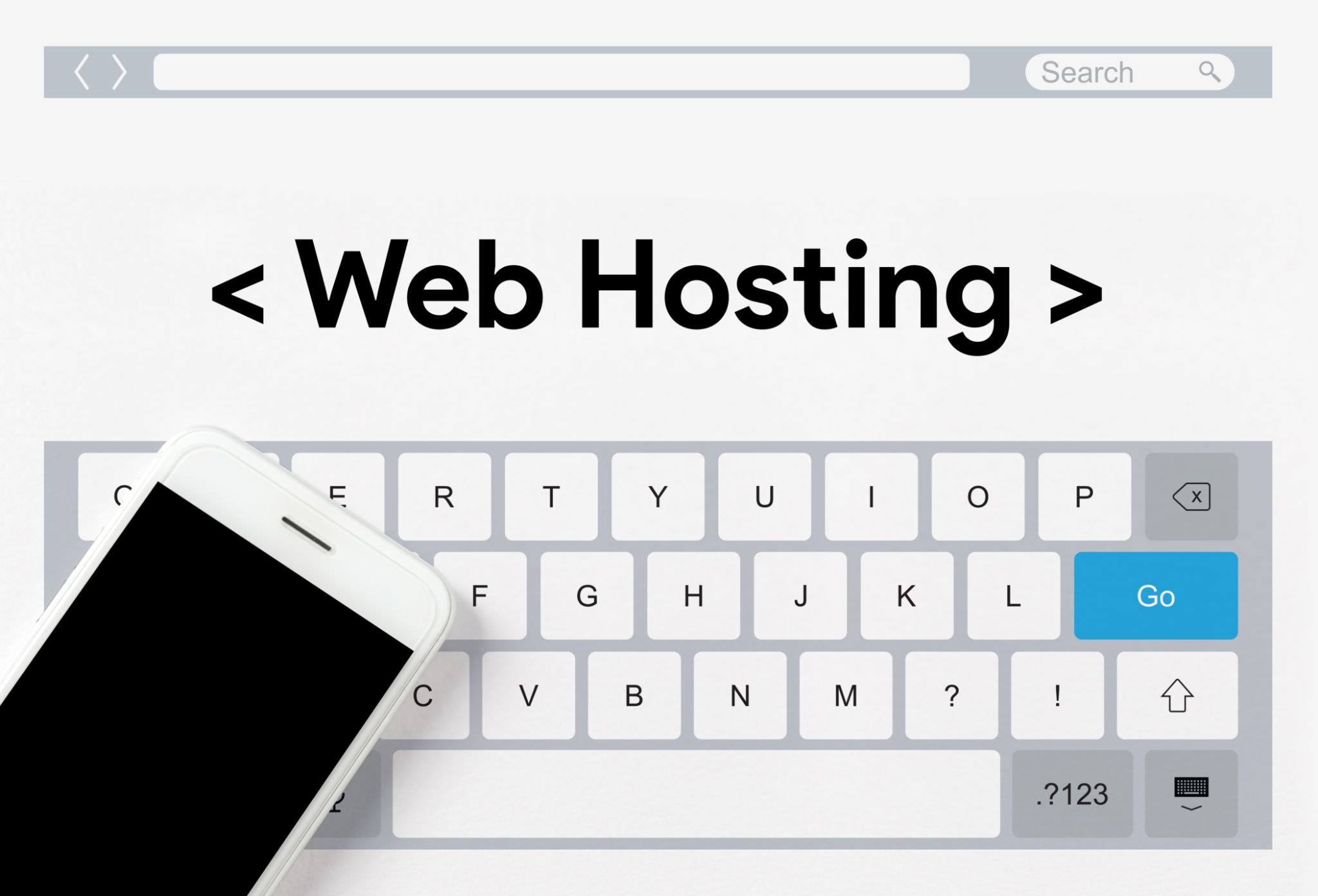Comparing Web Hosting Options for Business Sites: What You Need to Know
Understanding Your Web Hosting Needs
When it comes to launching a business website, selecting the right web hosting service is crucial. The choice you make can significantly impact your site's performance, security, and scalability. As businesses vary in size and complexity, their web hosting needs will differ. It's essential to understand what your business requires before diving into the myriad of options available.

First, evaluate the size of your website and the expected traffic. Smaller websites with minimal traffic might do well with shared hosting, whereas larger businesses expecting high traffic volumes should consider more robust options like dedicated or cloud hosting. Knowing your needs upfront will help you narrow down the choices.
Types of Web Hosting
There are several types of web hosting services available, each catering to different needs. Here's a breakdown of the most common options:
- Shared Hosting: Suitable for small websites and startups. It's cost-effective but offers limited resources since you're sharing server space with other websites.
- VPS Hosting: Virtual Private Server hosting provides more control and resources than shared hosting. It's ideal for medium-sized businesses that need more power without the cost of a dedicated server.
- Dedicated Hosting: Offers an entire server for your business. It's perfect for large enterprises requiring maximum performance and security.
- Cloud Hosting: Utilizes multiple servers to ensure reliability and scalability. It's a flexible option for businesses experiencing fluctuating traffic levels.

Key Features to Consider
When comparing web hosting services, consider the following features to ensure you choose the best fit for your business:
- Uptime Guarantee: Look for hosts that offer a high uptime guarantee, ideally 99.9% or higher, to ensure your site remains accessible.
- Customer Support: Reliable customer support is essential. Ensure the provider offers 24/7 support via multiple channels, such as chat, email, or phone.
- Security Features: Security should be a top priority. Check for SSL certificates, DDoS protection, and regular backups.
- Scalability: Your hosting needs may grow as your business expands. Choose a provider that can easily accommodate increased traffic and data storage needs.
Cost Considerations
The cost of web hosting can vary significantly depending on the type of service and features offered. While shared hosting is generally the least expensive option, it may not provide the necessary resources for growing businesses. VPS and cloud hosting offer a balance between cost and performance, while dedicated hosting typically involves higher costs but provides unmatched control and power.

It's essential to balance your budget with your website's requirements. Avoid the temptation to opt for the cheapest option if it doesn't meet your site's needs, as this can lead to performance issues and additional costs down the line.
The Importance of Reviews and Reputation
Before finalizing your decision, research potential web hosting providers by reading customer reviews and assessing their reputation in the industry. This can provide valuable insights into their reliability, customer service quality, and overall performance. Look for reviews on independent platforms to ensure unbiased opinions.
In conclusion, choosing the right web hosting service involves careful consideration of your business's specific requirements, budget, and future growth plans. By understanding the different types of hosting and evaluating key features, you can make an informed decision that supports your business's online presence effectively.